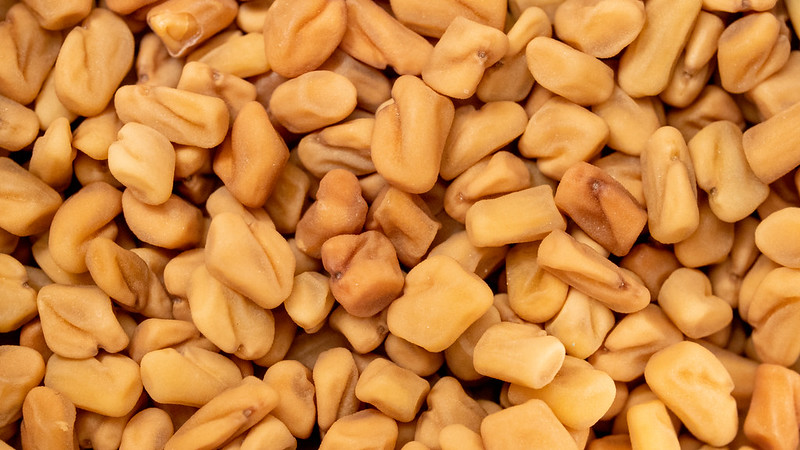
If you’re a fan of crispy bacon and tender potatoes, then you’re in for a treat! In this delectable blog post, we’ll explore the mouthwatering world of bacon-wrapped potatoes. These bite-sized gems are bursting with flavor and make an excellent appetizer or side dish for any occasion. Get ready to indulge in the perfect combination of smoky, savory bacon and creamy, tender potatoes that will have everyone coming back for more. 🥓🥔
🍟 1️⃣ Classic Bacon-Wrapped Potato Bites Let’s start with the classic bacon-wrapped potato bites that are guaranteed to be a hit at any gathering. Here are some additional ideas to spice up your potato bites:
1️⃣ Sweet and Spicy: Before wrapping the potato bites with bacon, lightly brush them with a mixture of maple syrup and sriracha for a sweet and spicy twist. The combination of the smoky bacon and the heat from the sriracha will create a tantalizing flavor experience that will keep your guests coming back for more.
2️⃣ Cheesy Goodness: Place a small cube of your favorite cheese, such as cheddar or pepper jack, inside each potato bite before wrapping them with bacon. As the potatoes bake, the cheese will melt, creating a gooey and delicious surprise in every bite. The combination of the crispy bacon, creamy potatoes, and melted cheese is sure to be a crowd-pleaser.
🍟 2️⃣ Stuffed Bacon-Wrapped Potatoes Take your bacon-wrapped potatoes to the next level by adding a delicious filling to the equation. Here are some creative stuffing ideas:
3️⃣ Jalapeño Poppers: Fill the cavity of each halved potato with a mixture of cream cheese, diced jalapeños, and shredded cheddar cheese. Wrap each potato half with bacon and secure it with toothpicks. The creamy and spicy filling combined with the crispy bacon will create a flavor explosion that will have your guests reaching for seconds.
4️⃣ Savory Herb and Garlic: Mix softened butter with minced garlic, chopped fresh herbs (such as rosemary, thyme, or parsley), salt, and pepper. Fill the cavity of each halved potato with this flavorful butter mixture. Wrap with bacon and bake until crispy. The herb-infused butter will melt into the potatoes, infusing them with irresistible flavor. The aroma of the herbs and garlic will entice your guests as they take their first bite.
🍟 3️⃣ Sweet and Savory Maple-Glazed Bacon-Wrapped Sweet Potatoes For a delightful twist on the classic, try these sweet and savory maple-glazed bacon-wrapped sweet potatoes. Here are some variations to consider:
5️⃣ Candied Bacon: Before wrapping the sweet potato bites with bacon, sprinkle the bacon with brown sugar and a pinch of cayenne pepper for a sweet and spicy candied bacon effect. The caramelized sugar will add a delightful crunch and a touch of sweetness to complement the natural sweetness of the sweet potatoes. This combination of sweet and savory flavors will have your guests raving about this unique twist on a classic favorite.
6️⃣ Smoky BBQ: Brush the bacon-wrapped sweet potatoes with your favorite smoky barbecue sauce before baking. The combination of the smoky flavors from the bacon and the tangy sweetness of the barbecue sauce will create a mouthwatering flavor profile that will leave your guests wanting more. The smoky aroma and sticky glaze will make these bacon-wrapped sweet potatoes an instant hit at your next gathering.
🍟💡 These bacon-wrapped potato recipes offer a perfect balance of flavors and textures, making them ideal for parties, game nights, or simply indulging in a delicious snack. Feel free to experiment with different types of bacon, seasonings, and fillings to create your own unique variations. And remember, if you want to share your creations and get more inspiration, join us on our Facebook group where a vibrant community of over 75,000 Foodies awaits! Let’s celebrate the irresistible combination of bacon and potatoes together. Enjoy! 🥓🥔













